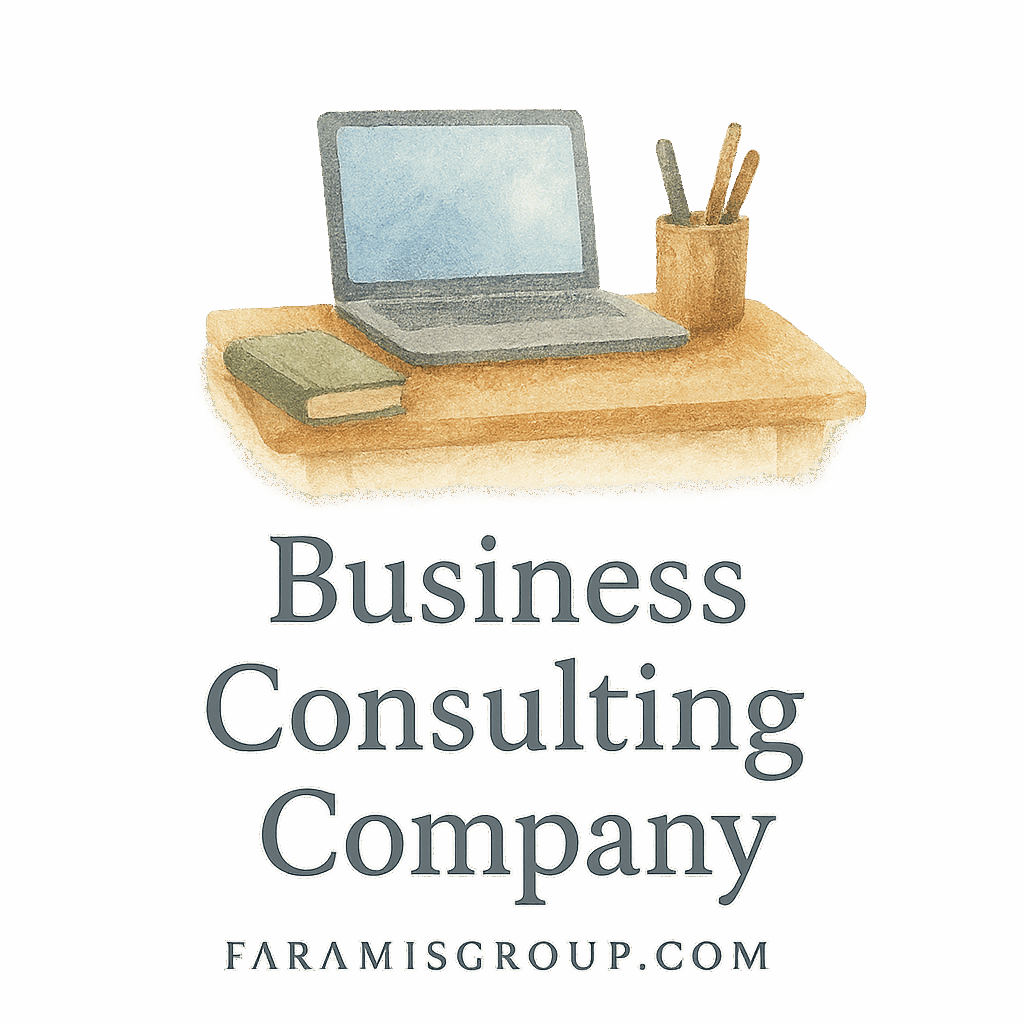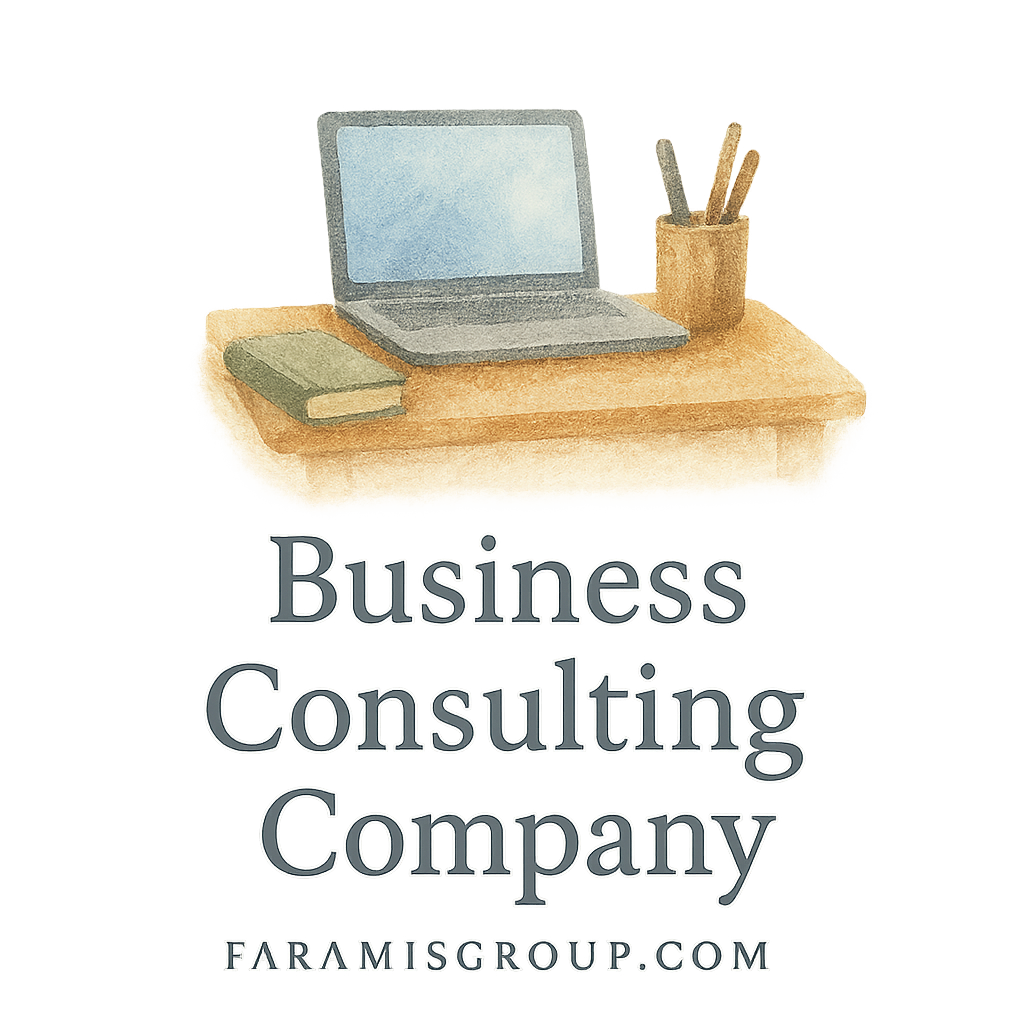Introduction
Thinking about jumping into the world of business consulting? It’s an exciting path—but not one without challenges. To truly succeed, you’ll need more than just a degree or a resume packed with buzzwords. Business consulting is about adding real value, solving tricky problems, and being the person companies trust during crucial turning points.
This article breaks down the five must-have skills to succeed in business consulting, crafted especially for future consultants ready to build trust, drive revenue, and make a real impact. Whether you’re a newbie or leveling up your game, you’re in the right place.
Let’s dive in!
1. Strategic Thinking
Why Strategic Thinking is the Foundation
Imagine walking into a company and instantly seeing the gaps, opportunities, and long-term growth paths. That’s what strategic thinking does. It’s about seeing the big picture and mapping out how to get from point A to Z—profitably.
Consultants with strategic minds help clients:
- Increase efficiency
- Maximize profit
- Avoid long-term risks
And guess what? Clients pay a premium for foresight.
How to Sharpen This Skill
Start by studying business models, SWOT analysis, and competitive positioning. Then, practice. Pick real-world companies and dissect their operations.
Want to go deeper? Check out Operations Strategy for actionable frameworks that consultants rely on.
2. Effective Communication
The Role of Clear Communication in Consulting
It’s not just what you say—it’s how you say it.
As a consultant, you’re constantly translating complex problems into understandable solutions. Your words need to motivate action, spark clarity, and sometimes calm nerves.
Whether it’s:
- Presenting a new strategy
- Writing a performance report
- Leading a training session
—strong communication can be your biggest asset.
Becoming a Better Listener and Presenter
Becoming a master communicator starts with active listening. Understand what your client really wants, not just what they say.
Then, hone your presentation skills. Use visuals. Tell stories. Make your message stick.
Need help with this? Visit the Client Care section to learn how communication builds long-term relationships.
3. Analytical and Problem-Solving Skills
Diagnosing Issues Like a Business Doctor
Ever played detective? That’s what consulting often feels like. You’re piecing together data to uncover what’s going wrong and how to fix it fast.
This means:
- Diving into spreadsheets
- Interpreting KPIs
- Reviewing customer feedback
- Evaluating financial statements
Your goal is to find hidden patterns and offer crystal-clear solutions.
Tools That Help with Analysis
Equip yourself with:
- Excel (advanced formulas & pivot tables)
- Power BI or Tableau
- Financial forecasting models
Want a head start? Our Financial Planning hub is packed with insights for mastering business numbers.

4. Adaptability and Continuous Learning
Why Flexibility Matters in Consulting
Markets change. Client needs evolve. New tools and technologies appear overnight.
Successful consultants don’t resist change—they adapt fast.
Clients hire consultants for clarity and speed. If you’re slow to pivot, you won’t last long in this field.
Staying Updated with Industry Trends
Follow industry blogs. Join webinars. Take mini-courses every quarter. Subscribe to trend reports.
Need help developing that habit? Explore our Habits section to unlock your productivity potential.
5. Relationship Building and Trust
Winning Clients and Keeping Them
Here’s the truth: people don’t hire consultants—they hire people they trust.
Your ability to build rapport, show empathy, and genuinely care about your client’s success will set you apart from the crowd.
Consulting is not a one-time gig—it’s a long-term relationship business.
Managing Expectations Professionally
Set clear boundaries. Communicate timelines. And always deliver what you promise (or better).
Want to turn first-time clients into raving fans? Visit Client Growth & Retention to learn how top consultants build loyalty.
Bonus Tips to Elevate Your Business Consulting Career
Develop Your Personal Brand
Think of yourself as a business. What do you want to be known for? Pick a niche, build a website, publish thought pieces. It builds credibility.
Understand the Basics of Digital Marketing
Consultants today can’t ignore online presence. You should understand SEO, content strategy, and social media—even if it’s not your specialty.
Leverage Lead Nurturing and Conversion Strategies
Getting a lead is great—but converting them is where the magic happens. Learn how to build funnels, write persuasive copy, and maintain follow-ups.
Getting Started as a Business Consultant
Key Steps to Launch Your Career
- Pick a niche (marketing, operations, finance, etc.)
- Build a portfolio or case studies
- Set up your legal structure
- Start small—freelance platforms or local businesses
- Invest in your website and marketing
Importance of Company Formation & Registration
Don’t skip the legal stuff. Your business should be properly registered, licensed, and insured.
Ready to launch? Visit Getting Started to get everything you need to begin your journey.
Conclusion
Becoming a successful business consultant isn’t just about experience—it’s about mastering specific skills that clients are actively searching for.
To recap, the five must-have skills to succeed in business consulting are:
- Strategic Thinking
- Effective Communication
- Analytical & Problem-Solving
- Adaptability
- Relationship Building
Pair these with bonus marketing and business setup skills, and you’ve got the recipe to not just survive—but thrive in this competitive industry.
And don’t forget: your success is tied to your client’s success. So always keep learning, adapting, and improving.
FAQs
1. What does a business consultant actually do?
A business consultant helps companies improve their performance by analyzing challenges and providing strategic, financial, or operational advice.
2. Do I need a degree to become a business consultant?
Not necessarily. While a degree helps, your skills, results, and client relationships matter more.
3. How much can I earn as a business consultant?
It depends on experience and niche. Entry-level consultants can earn $50–$100/hr, while seasoned pros charge upwards of $250/hr or more.
4. What industries need business consultants the most?
Tech, healthcare, finance, real estate, and marketing sectors are currently top clients for consultants.
5. Can I start business consulting with no clients?
Yes. Start by offering free or low-cost services to build testimonials and case studies.
6. How do I promote my consulting services?
Leverage LinkedIn, build an email list, publish content regularly, and consider paid ads. Learn more at Marketing & Branding.
7. Are soft skills or hard skills more important in consulting?
Both matter. Soft skills help you build trust, while hard skills get results. The real power is in mastering both.


